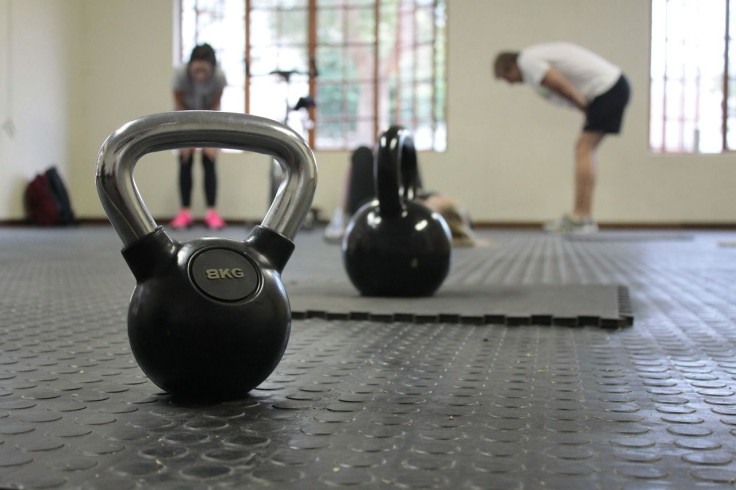Sitting Isn't the New Smoking, Apparently

Some health professionals have asked this question for years: Is sitting the new smoking?
In 2011, the Centers for Disease Control and Prevention (CDC) linked prolonged periods of sitting (eight or more hours a day) to diseases such as cancer and diabetes and those affecting the heart and vascular system -- the same health problems related to smoking.
To explore what too much sitting can do to someone’s health, the CDC conducted studies to understand the effects of a sedentary lifestyle.
A 2016 study linked excessive sitting with serious conditions such as obesity, an expanding waist circumference and cardiometabolic risk factors.
The report, which looked at 4,486 men and 1,845 women, found the effects to be far more damaging for men than for women. Men who were always sedentary were more than twice as likely to be obese as those who were not. Another study, also published in 2016, found that frequent activity could decrease the increased risk of dying prematurely that was associated with constant sitting.
But is sitting as dangerous as inhaling tobacco?
So far, it doesn’t look that way.
A Colorado State University (CSU) study analyzed the association between physical inactivity and cognitive performance in a new light.
The study, designed by the university’s Department of Human Development and Family Studies, explored the everyday habits of 228 healthy older adults, aged 60 to 80, for a period of seven days.
But rather than asking the participants to self-report, the researchers attached sensors to their hips in order to get accurate information instead of estimations.
As the study predicted, adults who participated in more vigorous exercise or activity had improved memory and speed.
However, it also found that adults who partook in more sedentary lifestyles had stronger vocabulary and reasoning skills.
The study found that, although physical activity can lead to better metabolic health, there was no evidence of cognitive impact or improvement.
While the sedentary participants were better with knowledge-based activities, like vocabulary or reading comprehension tests, study authors noted that these abilities tend to strengthen with age, as older adults have acquired more knowledge and experience over time.
Lara Becker is a Medical Daily intern and a senior at The College of New Jersey studying journalism/ professional writing and communication studies.



























